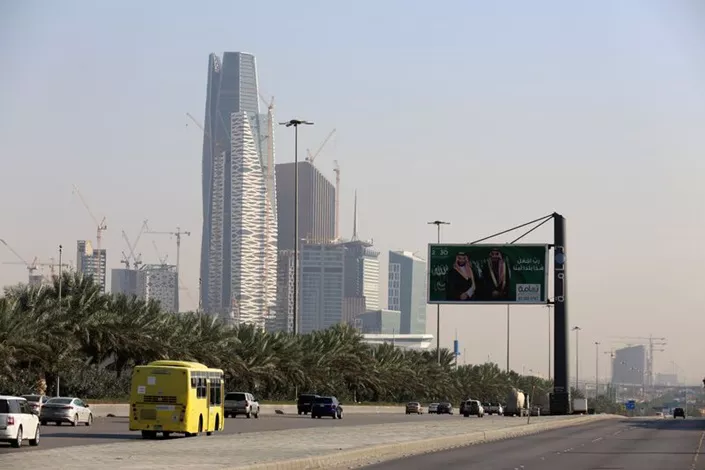Saudi Arabia’s non-oil private sector saw strong growth in March, driven by increased new orders, lower prices, and improved economic conditions. However, the rate of growth slowed compared to January’s near 14-year high, according to a recent survey.
The seasonally adjusted Riyad Bank Saudi Arabia Purchasing Managers’ Index (PMI) dipped slightly to 58.1 in March from 58.4 in February. Despite the decrease, the index remains well above the 50 mark, indicating continued expansion.
The new orders subindex fell to 63.2 in March, down from February’s 65.4, signaling a slowdown in order growth. Nevertheless, businesses continued to stockpile in anticipation of sustained sales growth.
Job creation saw notable progress, driven by rising sales and efforts to boost capacity. The survey reported the strongest quarter for job growth in over 12 years.
Naif Al-Ghaith, Riyad Bank’s chief economist, attributed the improved business conditions to government efforts to strengthen regulatory frameworks and invest in infrastructure. These initiatives are expected to attract more private and foreign investments.
As part of its Vision 2030 plan, Saudi Arabia aims to reduce its reliance on oil by increasing the non-oil sector’s contribution to GDP to 65% by 2030, up from just over 50% currently.
Inflation of input costs eased to a four-year low in March, allowing companies to cut selling prices for the first time in six months due to fierce market competition.
Despite the positive trends, backlogs of work increased sharply, the fastest rate since August 2018, due to rising orders and limited capacity.
However, the survey revealed a softening in business activity expectations for the year ahead within the non-oil economy.
Related Topics:


